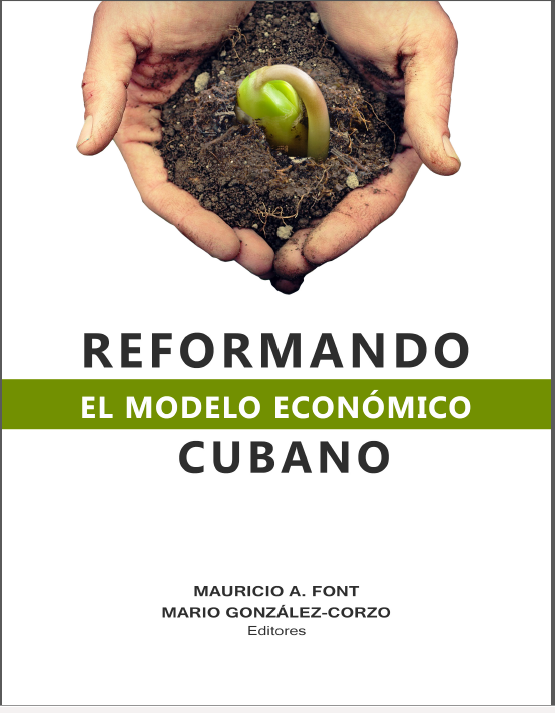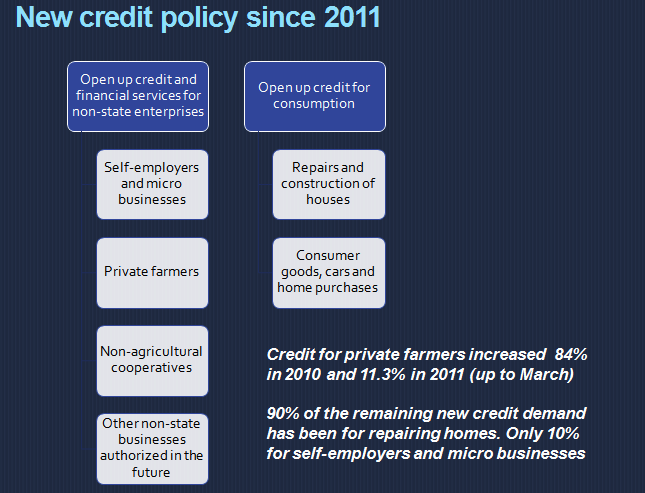By Ely Justiniani Perez (El Toque)

HAVANA TIMES – Minister of Labor and Social Security, Marta Elena Feito Cabrera, ratified the ban on practicing as a tour guide in the private sector. A letter dated December 28, 2021, was delivered this week to the six representatives of a large group of tour guides who are calling for their activity to be granted legal status as self-employment. So far they are out of luck.
The letter rules that travel agencies and tour operators “are associated with tourism products developed and commercialized by Cuba’s state tourism business system and, according to the Ministry of Tourism’s policy, these cannot be commercialized by natural persons, nor are they able to work as part of private micro, small and medium-sized enterprises, cooperatives or as self-employed.”
This negative response comes after almost a year since over a thousand persons linked to the sector called for this activity to be legalized. They organized and sent petitions to the corresponding ministries and even engaged in conversations with officials from these institutions. Here is a summary of this process.

TIMELINE of a NO
February 10, 2021 the Ministry of Labor and Social Security issued a list of 124 economic activities that banned in Cuba’s private sector; including tour operator services and travel agencies. This led to a heated debate from people linked to tourism services.
In the following weeks, dozens of people linked to the sector began to mobilize and send letters to the corresponding bodies. They also shared an online petition for the legalization of private travel agencies and the document was signed by over 1500 people.
May 20, 2021 In response, the Ministry of Labor and Social Security wrote a written response to one of its signatories saying that “with the new Social/Economic Strategy to push the national economy in the interest of encouraging local development and production linkages between the public sector and private forms of management, the Ministry of Labor and Social Security, alongside the Ministry of Tourism, are analyzing whether to allow these activities and others relating to the tourism sector.”
June 7, 2021 the Cuban Republic’s Official Gazette published Resolution 132/21 by the Ministry of Tourism (MINTUR), a new series of regulations for “national travel agencies”.
While the regulations don’t explicitly state who can create these agencies; it does recognize that natural Cuban persons (including the self-employed) can be “providers of tour services” that offer “the sale of these in groups, programs, circuits, excursions or other tourist services” via national travel agencies. It doesn’t explain how this relationship would work; but the lack of clarity in these regulations was also a spark of hope for the more optimistic.
August 19, 2021 To many people’s disappointment, the activity of travel agencies and tour operators reappeared on the banned list again within a new series of decrees and resolutions that regulate private sector enterprises (including MSMEs, cooperatives and self-employment).
September 22, 2021 Faced with continuous complaints, officials from the Ministry of Tourism and the Ministry of Labor and Social Security agree to meet with six representatives from the Facebook group Guías Turísticos por su legalización como TCP (Tour Guides wanting legalization as the Self-Employed), which had over 800 members at the time (today, there are 1100).
At this meeting, MINTUR asked the guides to hand in written project proposals so they can “better understand how far they want to go so they can identify the red-tape that the activity “tour guide” would face as self-employment, to legislate and find a solution to this red-tape and giving them wide-ranging and unrestricted participation,” according to a summary of the meeting that was posted by the group’s members.
January 7, 2022 Group representatives from Guías Turísticos por su legalización como TCP who took part in the meeting with MINTUR and MTSS receive a letter from Minister Feito, who ratified the ban on the practice of tour guides and travel agencies, both as self-employment activities, as well as MSMEs and cooperatives.




